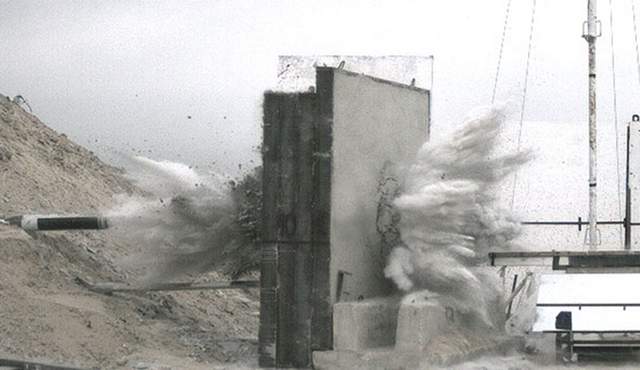

They make the ground shake beneath our feet,” said Mohammad Abu Rajab, a doctor in one of the largest medical centres in eastern Aleppo.Īt a UN security council meeting on Sunday, the UK and US condemned the use of bunker busters. “We are standing before inhumanity, real massacres, extraordinary weapons whose blasts we never heard before. There is a new awe and horror in residents’ voices as they describe the impact of the bunker busters. UK, US and French ambassadors walk out of UN meeting on Syria Guardian

In another, five bodies from the same family in a rebel-held town just outside Aleppo lie in white shrouds, the child’s burial cloth conspicuously smaller. In one, civil defence workers find a mother holding her infant under the rubble, dead and covered in white dust. The images of the past week have been unrelentingly horrifying. The latest campaign comes after the collapse of a brief ceasefire negotiated by Moscow and Washington, and Assad’s government has vowed to reclaim the whole city, apparently no matter the cost.Įastern Aleppo has endured years of destruction, the ruins of districts having been repeatedly bombarded with barrel bombs, and more lately phosphorus and incendiary munitions, which have left them in flames. The eastern part has been besieged for three months. The city, once Syria’s bustling commercial capital, is divided into east and west, held by rebels and the government of Bashar al-Assad respectively. In an image from the scene of the latter, a man stands in the middle of the crater, dwarfed by its scale.Īirstrikes have tormented the people of Aleppo’s eastern districts for five consecutive days, claiming hundreds of lives and wounding many more, with a ferocity that local people say is unrivalled since the beginning of the revolution turned civil war more than five years ago. Two other bunker busters allegedly fell that day, one in Sheikh Khodor and the other in Tariq al-Bab, both in the besieged, rebel-held eastern suburbs of Aleppo. “At that moment I knew that the international community had sentenced us to death, that we would be recorded as martyrs that they will weep over at some future date.” “When I saw it I thought, my God, is it possible that there is so much destruction here and nobody wants to help us?” he said. Schools, orphanages and hospitals in Aleppo that moved underground to escape the destruction around them now feel that even they are at risk. When Hamdo saw the impact that one of them appeared to have had on Mashhad, he despaired. Russia has not admitted to using the weapons, but at the UN security council on Sunday the US and Britain accused Moscow of deploying explosives “more suited to destroying military installations” to destroy homes and decimate bomb shelters. The crater left by the explosion of an alleged bunker-buster bomb in Tariq al Bab neighbourhood.


 0 kommentar(er)
0 kommentar(er)
